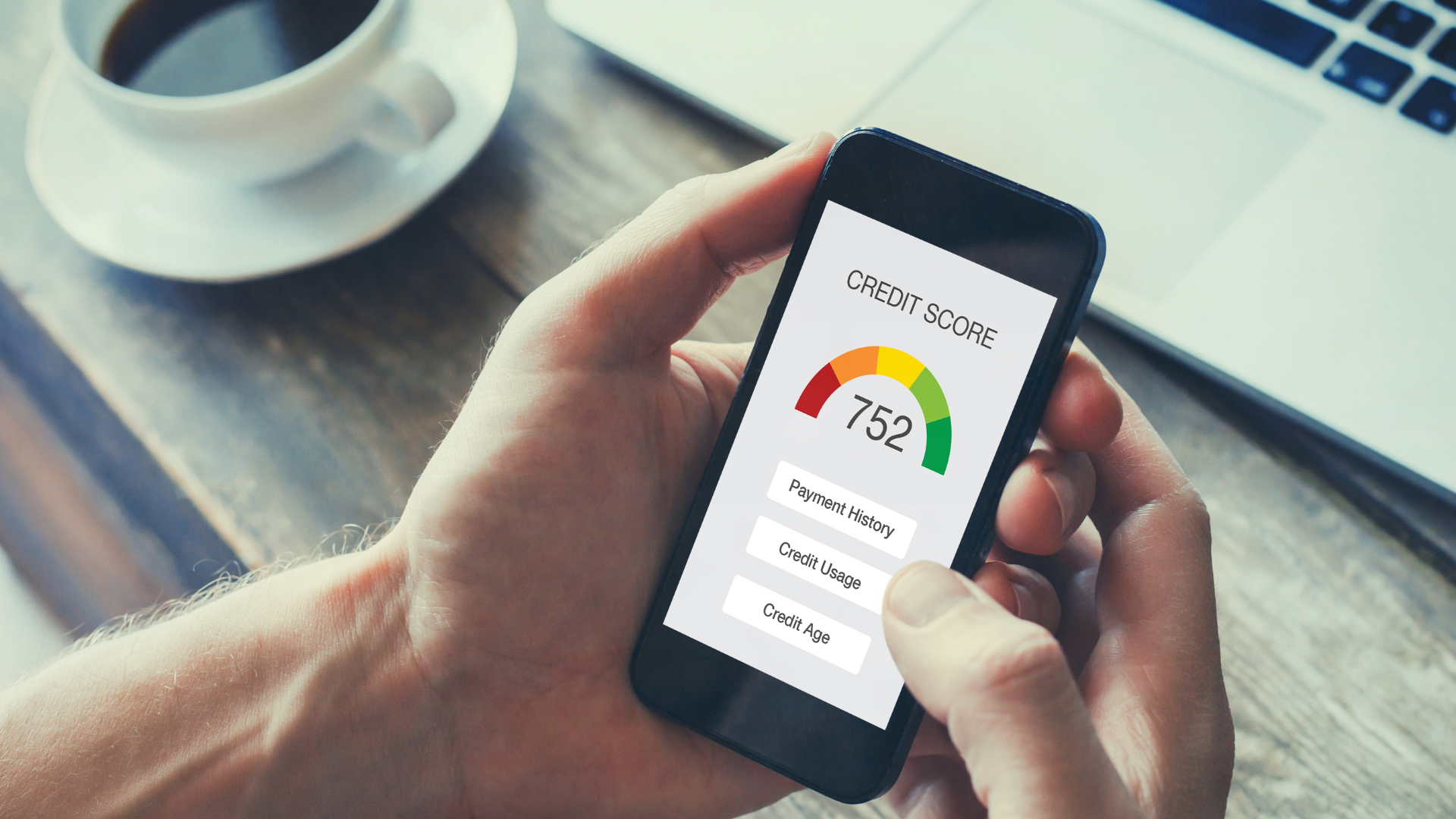5 Signs You’re Ready to Take on a Small Loan—And 3 Signs You’re Not
Your Loan Readiness Checklist
A small loan can be a powerful tool—when used wisely. It can help cover an unexpected medical bill, fix your car so you can get to work, or give you a little breathing room during a tough month. But not every financial situation is loan-ready. Understanding when to borrow—and when to hold off—is key to staying in control of your finances.
At Portside Finance, we believe in responsible lending and helping our clients make informed decisions. Here are five signs you’re ready to take on a small loan, followed by three signs it might be better to wait.

5 Signs You’re Ready to Borrow
1. You Know Exactly What the Loan Is For
A clear purpose is one of the strongest signs you’re ready. Whether it’s for an emergency car repair, a utility bill, or covering a shortfall between paychecks, knowing why you need the loan helps you avoid over-borrowing or using the funds for things you don’t truly need.
Borrowing with a plan ensures the loan serves its purpose—and that you’re not treating it like free money.
2. You Have a Steady Source of Income
Repaying a loan takes consistent
cash flow. If you have a job or regular income from a reliable source, you’re in a better position to manage monthly payments without added stress. Even if your budget is tight, having steady income gives lenders (and you) confidence that repayment is possible.

3. You Understand the Terms
Before taking on any financial obligation, it’s essential to understand the interest rate, payment schedule, total repayment amount, and any potential penalties. If you’ve read through the agreement and feel comfortable with the terms, that’s a strong indicator that you’re prepared.
Never sign a loan agreement you haven’t read—or don’t understand.
4. You’ve Looked at the Total Cost
It’s not just about the monthly payment. Take a moment to look at the
total cost of the loan over time. Are you comfortable with what you’ll be paying back in full? If the answer is yes, and you’re confident it won’t throw your finances off track, that’s another good sign you’re ready.
5. You’re Working on Improving Your Credit
Using a small loan responsibly—paying on time, in full—can help build or rebuild your credit. If you’re focused on financial growth and ready to stick to a repayment plan, a small loan can be a helpful step toward better credit and broader financial opportunities in the future.

3 Signs You Might Not Be Ready Yet
1. You Don’t Have a Plan to Pay It Back
If you’re unsure how you’ll make the payments, or you’re hoping “something will come up,” it’s better to wait. Taking on debt without a repayment plan can turn a temporary issue into a long-term problem.
If you need help creating a realistic plan, talk to a financial advisor or loan specialist before borrowing.
2. You’re Using Loans to Cover Non-Essentials
Borrowing for essentials like rent, groceries, or medical bills makes sense in a crunch. But using a loan for luxury purchases, vacations, or impulse spending is a red flag. If the purchase can wait, it’s usually better to save up or budget for it.
Loans should be used to solve a problem—not to avoid delayed gratification.
3. You’re Already Struggling With Debt
If you’re juggling multiple loans, missing payments, or feeling overwhelmed by what you already owe, adding another loan may not help. In these cases, it’s better to hit pause and consider other solutions—like credit counseling, debt consolidation, or budgeting support.
Taking on more debt without a solid foundation can create a cycle that’s hard to break.

The Bottom Line
A small loan can be a smart move when it fits your needs, your budget, and your long-term financial goals. But it’s not one-size-fits-all. If you’re clear on the “why,” confident in the “how,” and realistic about the “when,” then you’re likely in a good place to move forward.
At Portside Finance, we’re here to help you make informed, confident decisions—because responsible borrowing starts with knowing when the time is right.










